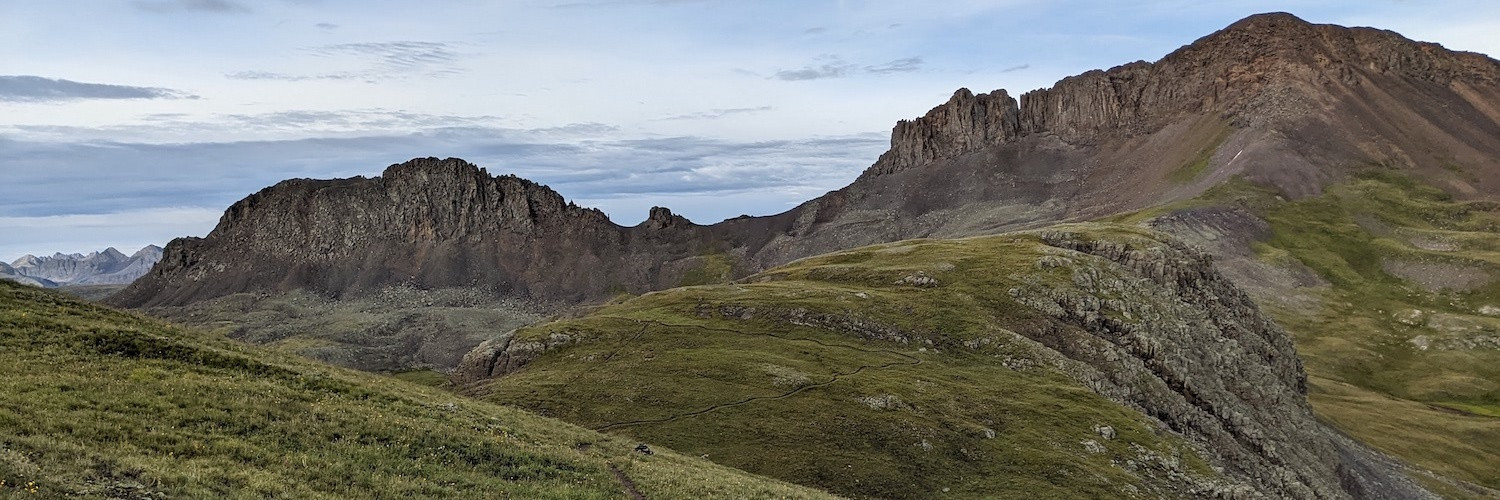
dad, husband, bike rider, NICA coach, software mechanic, book reader, van camper, old maps, Oakland & bicycle history, bikepacking
Oakland, CA, USA
This profile is from a federated server and may be incomplete. Browse more on the original instance.

dad, husband, bike rider, NICA coach, software mechanic, book reader, van camper, old maps, Oakland & bicycle history, bikepacking
Oakland, CA, USA
This profile is from a federated server and may be incomplete. Browse more on the original instance.